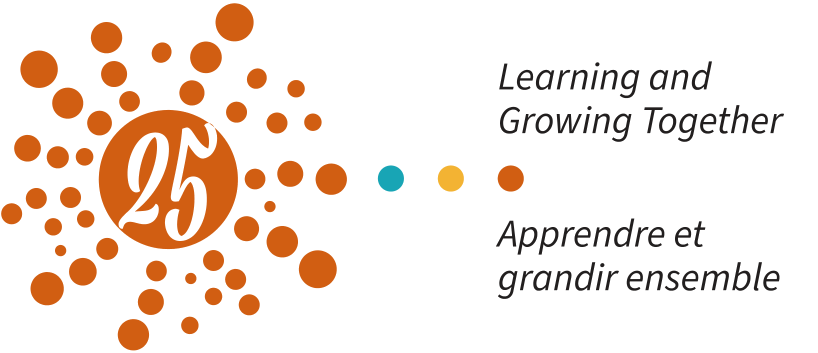Emancipation Day is August 1
August 1 is Emancipation Day in Canada. The day was officially declared for the very first time in the House of Commons in 2021. The day is significant in that it was the day the British Empire passed the Slavery Abolition Act in 1834. The Act affected not only Great Britain but all the colonies across the world. Of these enslaved people, approximately two thirds were Indigenous and one third of African descent.
In 1793, the Act to Limit Slavery declared that enslaved persons who reached Upper Canada would be free immediately upon arrival. This began a trickle of people who had been enslaved in the United Stated to flee to Upper Canada, a trickle which became a stream after the War of 1812. When the U.S. Fugitives Slave Act was passed in 1850, it allowed “slave catchers” to pursue fleeing “fugitives” into the northern states. This pushed more formerly enslaved people to seek refuge and a new beginning in Canada.
At the beginning of the 18th century, the Underground Railroad was created by a group of abolitionists based largely in Philadelphia. This complex, secret network helped people fleeing slavery and stretched across the border into Canada. The people who ran the railroad created safe houses in cities and towns. These offered refugees a place to stop on their journey for rest and nourishment. It is estimated that 30,000 to 40,000 freedom seekers entered Canada in the last few decades of enslavement in the U.S.
Black settlers farmed, established homes, ran businesses, built communities and founded schools and churches. Many settled in Ontario, with others choosing to make their homes in Quebec or Nova Scotia. Many of those settlements have since been destroyed or their history buried in an attempt to diminish the roles that so many Black Canadians played in the founding of this country. You can learn more about one of the most famous of these – Africville – here.
Black communities have kept the history of slavery in Canada alive for more than 200 years. It is important to recognize the trials, defiance, and resistance of Black communities and celebrate their victories, throughout Canadian history. When we work toward dismantling racism, recognizing emancipation is a place to start, by naming the forgotten pasts and extraordinary legacies of marginalized people in Canadian history.
The JLP is proud to offer in-person workshops and virtual discussions that examine overlooked histories and invite participants to explore ways to foster awareness and reparation.
Photo by Tito Texidor III on Unsplash

